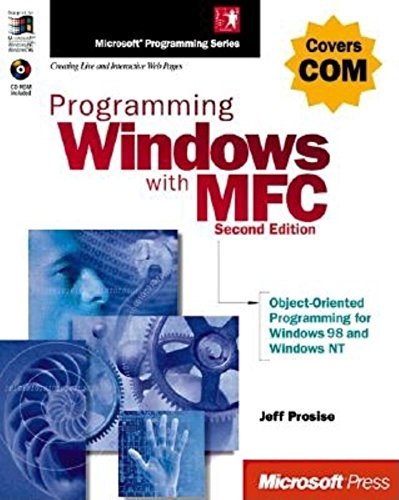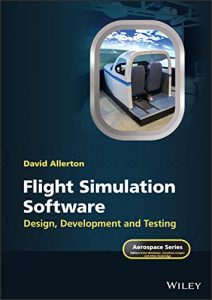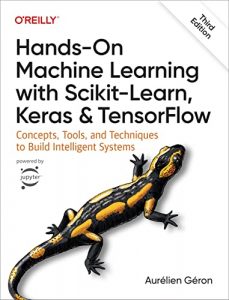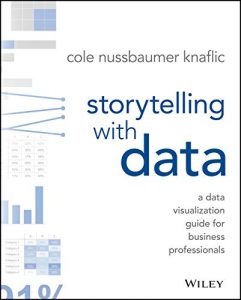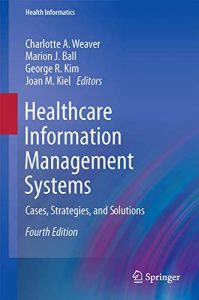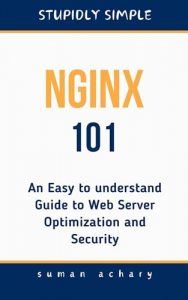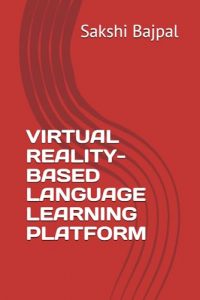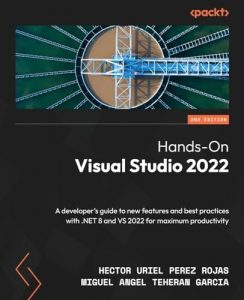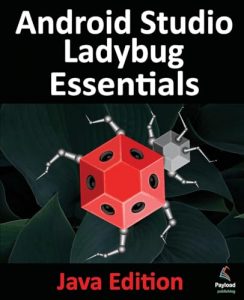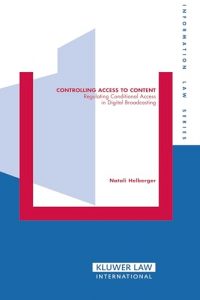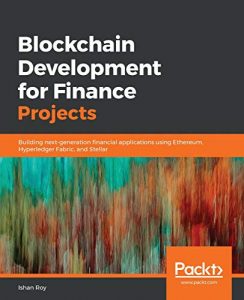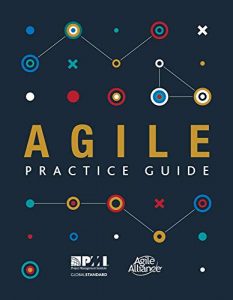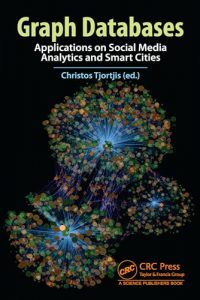Programming Windows with MFC, Second Edition
Authored by Jeff Prosise, this classic book is vital for those looking to deepen their understanding of Windows programming with Microsoft Foundation Classes (MFC). The second edition is enriched with updated examples and a comprehensive exploration of the MFC library, making it ideal for beginners and experienced programmers alike. This book reveals in-depth techniques to create robust applications, delve into window management, and utilize message maps effectively. It’s a must-have resource that stands the test of time in the ever-evolving programming landscape.
Windows MFC Programming I
Vic Broquard’s Windows MFC Programming I offers a comprehensive, easy-to-follow introduction to MFC programming concepts. Targeted at beginners, this book breaks down the complexity of MFC into digestible sections that include practical examples for hands-on learning. The writing style is engaging and makes learning feel less intimidating. Broquard’s expertise shines through, providing tried and tested solutions for common programming challenges. This book is a fantastic first step for anyone looking to establish a solid foundation in MFC programming.
Programming with MFC & Visual C++
In Programming with MFC & Visual C++, Nicholas L. Pappas offers a compelling guide embedded in modern programming paradigms. This book is significantly valuable for those who seek to merge C++ proficiency with MFC capabilities. Pappas uses a systematic teaching approach that ensures the reader not only learns MFC but also applies it within Visual C++ effectively. Rich with exercises and examples, it’s a resource that will help anyone understand the synergy between C++ and MFC in practical applications.
MFC Programming
Written by Alan R. Feuer, MFC Programming covers a broad scope of MFC programming, focusing on real-world applications and practical solutions. Feuer’s expertise in the field enriches the reader’s understanding of how to build efficient and effective MFC applications. Coupled with insightful examples that guide you step-by-step, this book demystifies the complexities of MFC programming, making it an essential read for intermediate programmers aiming to refine their skills.
Visual C++ programming taught by MFC: Can be used for scientific computing
Mineo Iwasaki’s Visual C++ programming taught by MFC is a unique entry that intertwines scientific computing with MFC programming. This Japanese edition offers insights into advanced programming techniques that are often overlooked in conventional materials. Iwasaki bridges theoretical concepts with practical applications, ensuring that learners can apply MFC in scientific contexts efficiently, which makes this book a must-have for researchers and scientists who want to harness C++ for computational purposes.
Beginning MFC Programming
In Beginning MFC Programming, Ivor Horton presents a clear pathway for newcomers to learn MFC. Horton’s conversational tone and structured approach make complex programming tasks feel manageable and achievable. This book introduces essential MFC classes and programming techniques, gradually increasing in complexity to build the reader’s confidence and capability. Those just starting their programming journey or transitioning from other languages will benefit immensely from this illuminating guide.
Windows MFC Programming II
A continuation of Vic Broquard’s first volume, Windows MFC Programming II delves deeper into the more intricate elements of MFC programming. This book targets those who have a foundational understanding of MFC and are looking to enhance their skills. Through detailed explanations and practical exercises, Broquard equips readers with the necessary tools to develop more complex and feature-rich Windows applications, making it a valuable asset for serious developers.
Learn to Program from Scratch with MFC and the C Languages
For those new to programming altogether, Learn to Program from Scratch with MFC and the C Languages by Nicholas L. Pappas is a remarkable introduction. It focuses on foundational programming principles using MFC and C as primary tools. Pappas successfully makes programming approachable, ensuring readers have a constructive learning experience. This book is ideal for beginners seeking a comprehensive understanding before diving into more advanced topics.
Programming Windows with MFC by Jeff Prosise
This edition of Programming Windows with MFC stands out by offering a blend of thorough insights and easier readability. Prosise’s engaging narrative style makes the content accessible while providing a deep dive into practical MFC programming techniques. Even if you’ve read previous editions, this version promises fresh insights and updated practices in MFC development.
Introduction to Mfc Programming With Visual C++
Richard M. Jones’ Introduction to Mfc Programming With Visual C++ is another essential read for aspiring MFC programmers. Jones introduces core concepts clearly and supports them with practical examples. The book is structured to gradually increase complexity, making it a great resource for beginners who want to learn how to effectively utilize Visual C++ and MFC. This guide not only teaches you syntax but also the applications of MFC tools in real programming scenarios.

